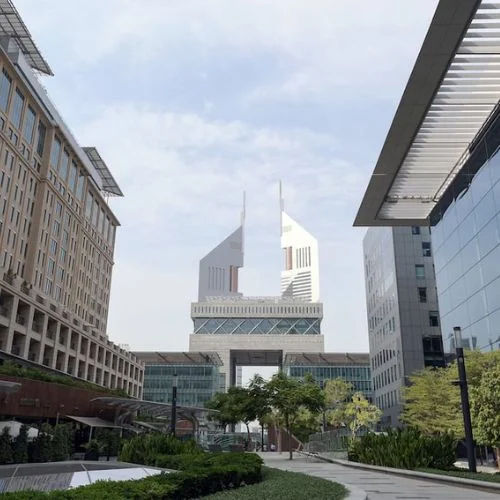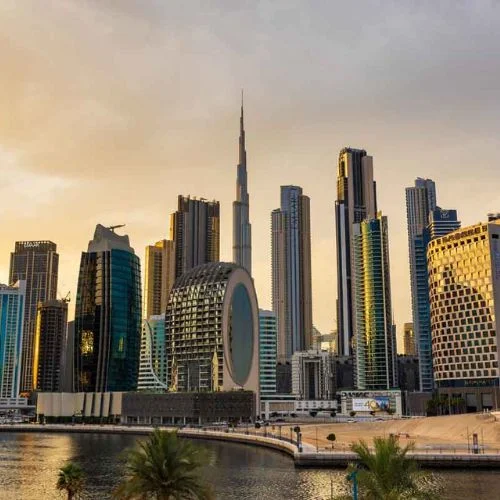The single Thai distributor of BYD, the world’s largest electric car manufacturer, plans to increase its dealerships in Thailand in two years, bolstering the Chinese automaker’s dominance in its main foreign market.
BYD surpassed Tesla as the world’s top EV producer in the fourth quarter of last year, and the expansion in Thailand highlights its worldwide drive – particularly in regions where its US competitor has yet to become a big seller – as EV sales growth slows in its home market, China.
Rever Automotive, the distributor that helped debut BYD in Thailand in late 2022, plans to establish 200 dealerships by the end of 2025, increase commercial vehicle options, and enter new passenger car sectors, according to CEO Pratarnwong Phornprapha.
“By the end of the year, we will have 200. And we hope to add another 100 next year,” Pratarnwong added. “I think around 300 for us is a healthy number.“
According to Pratarnwong, Rever presently has roughly 100 shops, making BYD the major automaker in the fast-growing Thai EV sector, with a 40% market share.
According to figures from the China Passenger Car Association, BYD sold a total of 3 million passenger cars in 2023, with more than 90% of those sold in China. Overseas sales totaled roughly 242,000 units.
Thailand contributed around 20% of BYD’s worldwide sales in the third quarter, according to research company Counterpoint, retaining its position as the automaker’s top overseas market, where it is also spending 17.9 billion baht ($504 million) to develop a plant that will open this year.
EV sales in Thailand made up a little over 7% of all passenger vehicle sales in the country in the third quarter of 2023, Counterpoint data also showed, but it is one of the fastest-growing EV markets in Southeast Asia, aided by government subsidies and policies.
Late last year, the Thai government approved a scaled-down subsidy package for the EV industry, although still offering up to 100,000 baht ($2,764) per vehicle and lower import duties and excise taxes.
Overall, Thailand plans to convert about 30% of its annual production of 2.5 million vehicles into EVs by 2030 and has attracted more than $1.44 billion in investments from Chinese auto companies.
OUTPERFORMER
BYD has been outperforming other automakers in Southeast Asia’s EV market, bolstered by partnerships with local distributors and affordable models such as the Atto 3 SUV, which was the region’s bestselling electric auto in the third quarter.
On Thursday, the business announced three battery-electric vehicle models in Indonesia, Southeast Asia’s largest country, where BYD also plans to spend $1.3 billion on an assembly factory.
In Thailand, its attempts to broaden product options are expected to provide a threat to Japanese competitors, like Toyota Motor Corp, which have long dominated the country’s automobile industry.
“Roughly, I think we have to get into MPVs, bigger size SUVs, smaller size sedans, bigger size sedans,” Pratarnwong added, alluding to multi-purpose and sport utility vehicles and emphasizing the need for BYD to broaden its options.
Rever presently sells three BYD EV vehicles in Thailand: the Seal sedan, the Atto 3 SUV, and the Dolphin hatchback.
Beyond passenger cars, Rever intends to expand into commercial fleets using BYD vehicles and technologies, including taxis, short-haul trucks and vans, and buses.
According to official statistics, Thailand has more than 81,000 registered taxis as of September 2023, and Rever hopes to grab 40% of the new cars entering that market, according to Pratarnwong.
Rever is also selling the BYD T3 van for restricted distance deliveries, which increased during the COVID-19 epidemic, according to River Vice CEO Pratarnporn Phornprapha.
“There’s a lot of short-haul deliveries going on,” she told me. “It’s a huge chunk which we wanted to focus on.“
Pratarnwong and Pratarnporn are siblings from the Phornprapha family, who founded the Siam Motors Group (SMG), which helped grow Thailand’s automotive sector. Pratarnwong has previously said that Rever is independent of SMG.
A River subsidiary is also establishing a bus manufacturing plant that will incorporate BYD technology, with the first chassis expected to be available in the third quarter, according to Pratarnwong.
“This year will be the year that we properly attack the commercial market,” he went on to say.















